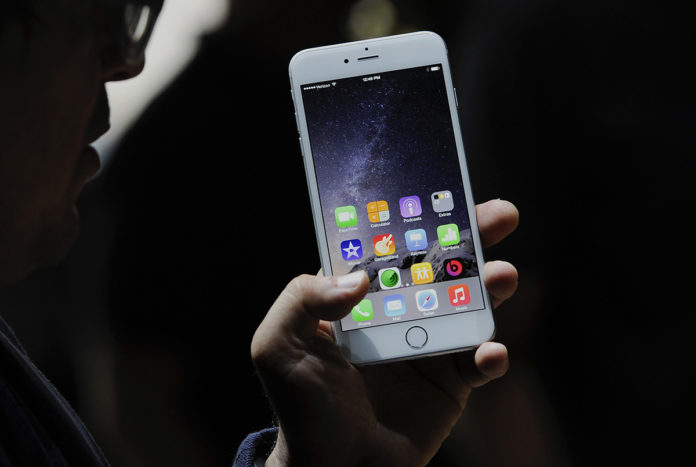The Consumer Council took more than two months to inform local consumers about the halting of the telecom retail industry’s ‘7-day return policy’ because it was trying to change the position of the industry, said its president, Wong Hon Neng, yesterday.
Earlier this month, the Council announced the Macau Mobile Phones Sellers Association had stopped fulfilling the policy since February 1, having informed the Council in December, citing ‘the restricted after-sales policy of certain mobile phone brands’. The same announcement reads that the Council has suspended the Code of Conduct for the industry.
“After the policy cancellation in February, we had many meetings with Association members and sent them several proposals of revision of the Code but we failed to reach an agreement,” Mr. Wong told Business Daily yesterday. “We’re preparing a new proposal and we hope the Association will accept and all certified shops can follow.”
The president of the Council also underlined that it has not received any complaints from local residents related to phone swapping since the policy was cancelled in February.
In 2016, the largest group of complaints received by the Council was related to communications equipment, which amounted to some 198 complaints.
Established in 2005, the Code of Practice for the Retail Industry of Telecommunication Equipment and Supplies included a phone return policy, mandating that consumers’ defective mobile phones can be returned and exchanged for the same model and colour within seven days of purchase, an Article that was accepted by the Macau Mobile Phones Sellers Association.
—
MSAR, Gansu ink consumer protection agreement
Yesterday, the Consumer Council signed a co-operation agreement with the Consumer Association of Gansu Province. The agreement seeks to increase co-operation and establish a mechanism for information exchange between the two regions with regard to complaints made by consumers from Macau and Gansu. According to Mr. Wong, the Council has signed similar agreements with more than 40 regions.

























